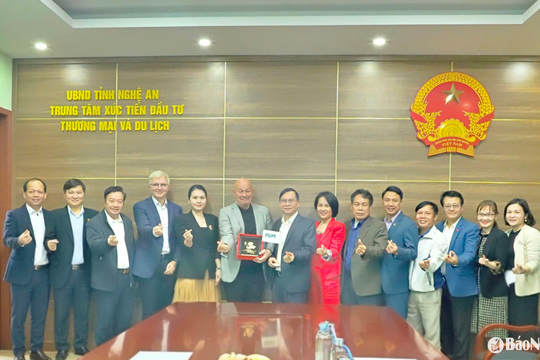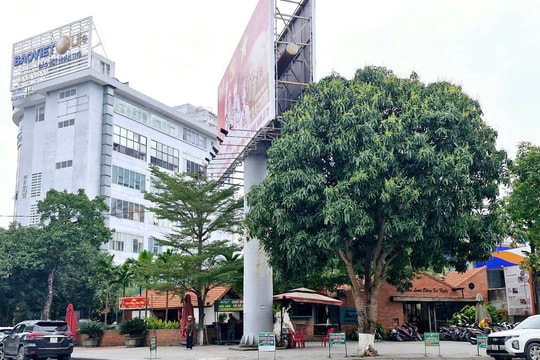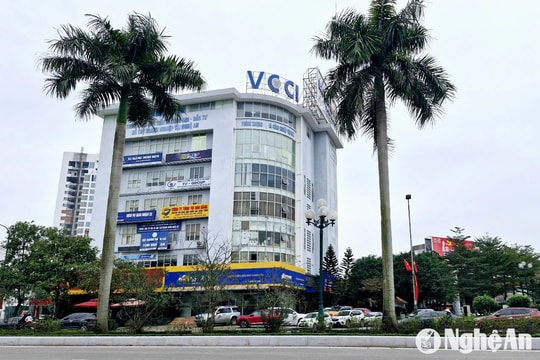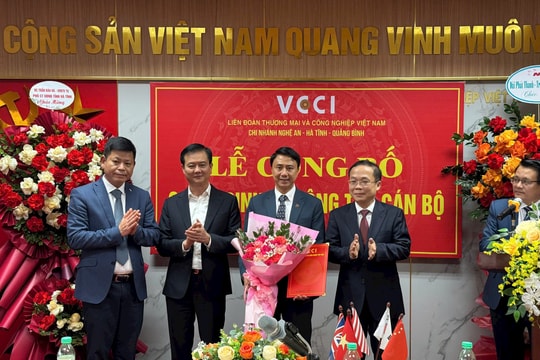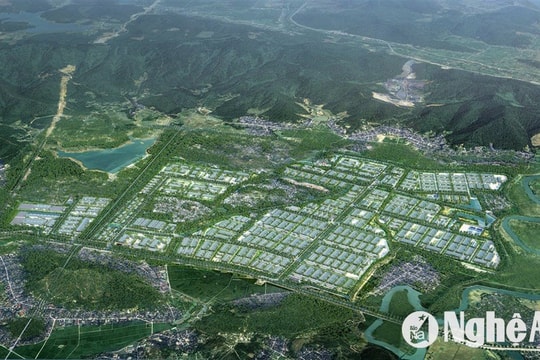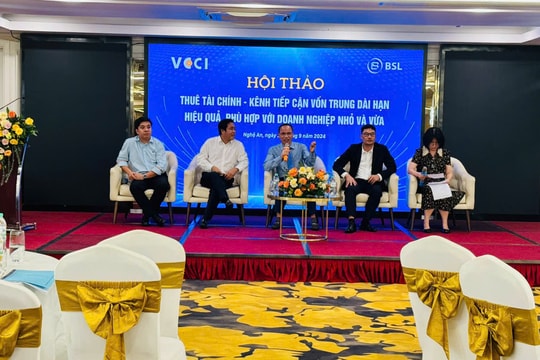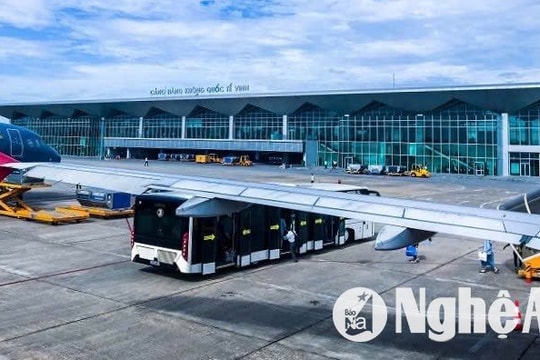VCCI: Businesses find it difficult to compete if gasoline 'bears' environmental tax
According to the Vietnam Chamber of Commerce and Industry (VCCI), increasing environmental protection tax on gasoline will hardly ensure compensation for budget deficit, and on the contrary, will cause Vietnamese enterprises to lose their competitive advantage against foreign competitors.
This viewpoint was stated by VCCI in a document giving comments to the Ministry of Finance on the draft Law amending and supplementing the Law on Environmental Protection Tax, which includes a proposal to increase the environmental protection tax on gasoline to 8,000 VND per liter.
According to the draft Law amending and supplementing the Law on Environmental Protection Tax, which has just been announced and solicited for comments by the Ministry of Finance - the agency assigned to draft it - the tax bracket has been doubled, increasing from 4,000 to 8,000 VND per liter.
Not only gasoline, jet fuel also increased the ceiling price to 6,000 VND, while diesel, mazut, and lubricating oil are at 4,000 VND per liter. In addition, in this draft, the Ministry of Finance also proposed to calculate environmental protection tax on E5 and E10 gasoline.
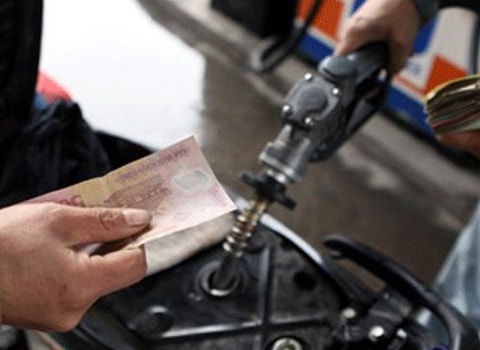 |
Each liter of gasoline can "bear" 8,000 VND in environmental protection tax, according to the draft Law amending and supplementing the Law on Environmental Protection Tax. |
Mr. Dau Anh Tuan - Head of the Legal Department of VCCI said that if the policy goal is to limit environmental impact by limiting gasoline consumption, then increasing taxes will not bring significant results.
Citing a report from the Ministry of Finance, Mr. Tuan said that in 2016, the contribution of environmental protection tax to total budget revenue was 4.1%, with 99% of that coming from petroleum. If import tax, special consumption tax, and VAT are added, the contribution of the petroleum industry is about 9.8% of total budget revenue. If the new tax rate is applied and the import tax is eliminated according to the roadmap, the contribution will be up to about 15% of total budget revenue.
"This is a very large ratio and is not beneficial for the national budget structure," Mr. Tuan emphasized.
Therefore, the VCCI representative assessed that in the long term, loosening the environmental protection tax framework for gasoline to ensure budget revenue will be a solution that does more harm than good. This will reduce the pressure to transform the national financial system in a more sustainable direction.
In addition, in terms of adjusting people's behavior due to the impact of increasing taxes on gasoline, it is relatively low while the social cost is very large. For example, in China, a 1% increase in gasoline prices only reduces gasoline consumption by 0.196-0.497%, in the US it is 0.26-0.58%... and compared to many other policy tools to reduce emissions such as investment in public transport, railways, technological innovation... the tax policy on gasoline is more costly but less effective.
“Both the need to reduce greenhouse gas emissions and the feasibility of reducing emissions based on the policy of increasing taxes on gasoline and oil are not met,” Mr. Dau Anh Tuan commented.
In response to the Ministry of Finance's argument that the increase in taxes on gasoline and oil is to compensate for the loss of revenue from trade agreements, Mr. Tuan disagreed and expressed that if taxes on gasoline and oil were increased to compensate, it would cause Vietnamese businesses to lose their competitive advantage over foreign competitors.
Not to mention, domestic production sectors such as transportation, aquaculture, agriculture... will be affected first. As an input fuel, the proportion of gasoline in the cost structure of some sectors is significant.For example,In the transportation industry, fuel costs account for 25-35% for gasoline vehicles and 35-45% for diesel vehicles. Similarly, in the seafood industry, this proportion is 33-59% of the cost structure. In agriculture, freight costs often account for 35-40% of the cost structure...
These industriesThere are many disadvantaged groups that are in the process of modernizing, moving from manual to mechanical. If the cost of gasoline increases, it may reduce the motivation of farmers to mechanize.
Therefore, "the increase in tax on gasoline needs to be assessed systematically and objectively for its impact on the entire economy and social welfare of the country," Mr. Tuan said, and specifically proposed that this assessment should be based on three hypotheses about tax rates: floor, ceiling and average.
Also in this comment document, VCCI said that import tax should not be replaced with environmental protection tax on gasoline, even though reducing import tax could reduce budget revenue.
“Environmental protection tax, like special consumption tax, is an unsustainable source of revenue. Meanwhile, the most fundamental solution when reducing budget revenue from import tax is to shift to more sustainable sources of revenue and cut public spending,” said Mr. Tuan.
In addition, if taxes such as environmental protection tax contribute significantly to the total budget revenue, the State will be placed in a position of conflict of interest, between the policy of restricting the consumption of certain types of goods while the State apparatus itself is fed by those very goods. A typical example is the case of the Ha Tinh provincial government encouraging people to drink beer to increase revenue for the province, as reported by the press.
According to VNE

